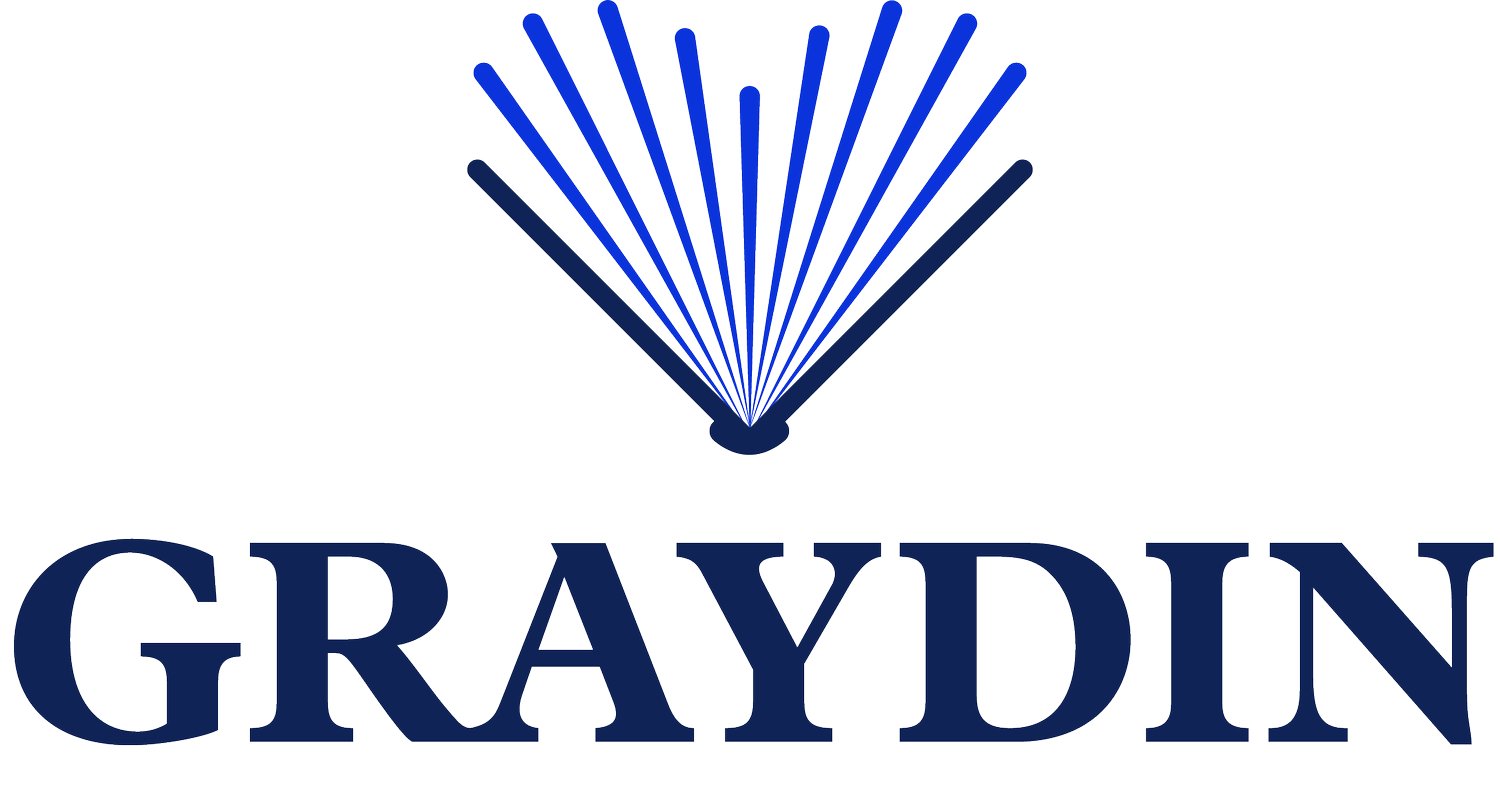So, you want to be a coach?
So, you want to be a coach. You think there is a better way to help people achieve what they want to achieve. You believe if you learned coaching skills, you’d help unlock people’s potential. There’s great appetite to become more coach-like and the hunger has only increased in recent years. If you are hungry, you are not alone.
However, it’s just not as simple as taking a course and learning some skills. You have to start with the recognition that what you are doing, right now, is not working.
Do you regularly try to fix other people’s problems by giving advice and assuming that if they did it your way, things would be better? If so, you’re playing the role of the consultant or advisor.
Do you regularly share your experience or form your questions based on what you would do? If so, you’re playing the role of a mentor.
There are many ways to help someone. If you’re reading this, you’re curious about the non-directive end of the Forms of Help Spectrum.
In the Forms of Help Spectrum, we place ‘Coach’ at one end of the spectrum and ‘Consultant’ at the other. This is because coaching is the most non-directive form of help, firmly planted in the belief that the coachee has all the answers. Founded on an equal partnership, the coach’s role is to Start With Heart, ask Effective Questions, oscillate their listening between Micro-Listening and Macro-Listening, along with the use of many other coaching skills, in order to help the coachee find their own solutions. There is no advice or guidance of any kind. This is not about you (i.e., the coach); this is about the person you’re helping.
Take a moment and think back to the times you’ve felt unable to help. It may have been whilst trying to build a student’s confidence, or with a colleague who was at a decision-making crossroads. It’s likely you defaulted to the form of help you’re most experienced in; and, it wasn’t coaching.
When you learn how to be completely non-directive and consciously step into the role of coach, the way you help will be transformational. You’ll be able to unlock wisdom and knowledge in your students and colleagues on a level you never thought possible.

